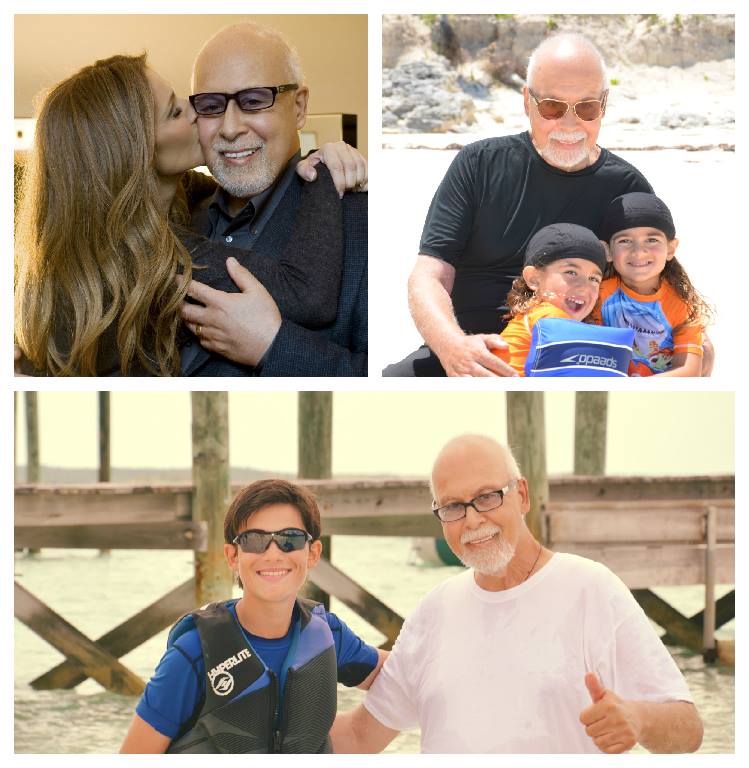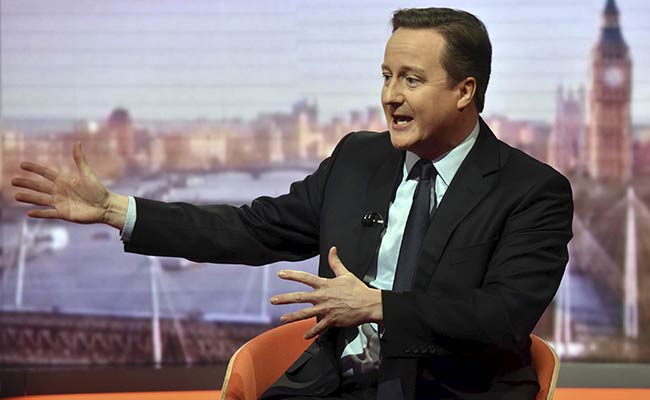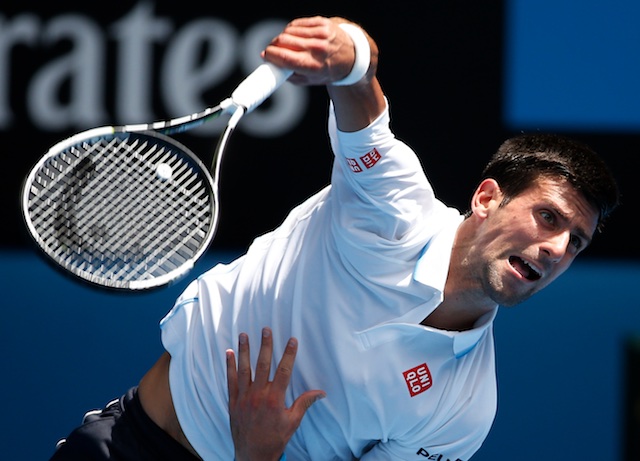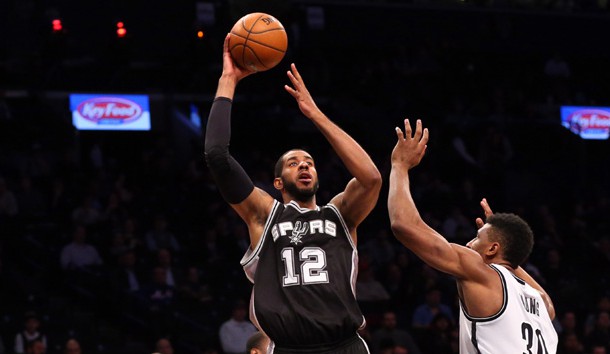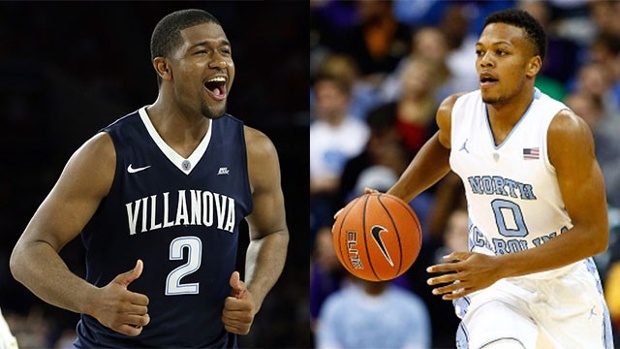IAAF officials explored hush up of Russian Federation bans â APNewsBreak
By Nichole Jefferson Jan 16, 2016The documents showed that Pierre Weiss, then the IAAF general secretary, indicated in exchanges with former Russian athletics president Valentin Balakhnichev, who has been banned from the sport for life, serious concerns over doping problems in Russia.
The IAAF insisted on Tuesday that the proposals were never put into practice, while Balakhnichev claimed they never reached him.
The IAAF documents reveal how its officials appealed for action from Russian Federation, but also used advances in blood testing against offenders.
As well as the European records review and a call to the IAAF and WADA to implement tougher penalties for doping offences, Hansen also gives details on other initiatives in his statement, including "I Run Clean" which saw athletes wear that statement on their bibs at the European Cross Country Championships in December, a governance compliance audit for European Athletics, anti-doping education and the assessment and monitoring of national anti-doping systems. Also banned for life were Balakhnichev and Alexei Melnikov, former head coach of Russia's race-walking and long-distance running programs.
By 2011, the IAAF's blood passport testing regime was flagging so many suspected Russian dopers that officials explored breaking their own rules and the WADA code by dealing with some cases privately, two internal IAAF notes show.
As part of a plan to combat doping in track and field, UK Athletics, the United Kingdom's athletics foundation, has proposed a far-reaching plan that would include wiping out all world records and initiating lifetime bans for any UK athlete caught doping.
The revelation that the IAAF was aware of the potential scale of Russian doping as far back as 2009 is another blow to the organization, the day before the publication of the World Anti-Doping Agency's second report from its investigation into alleged IAAF corruption and Russian doping. Well-known elite athletes likely to win medals in London would be disciplined "in strict conformity" with IAAF anti-doping rules.
Russian Federation proposed a "no start" policy where instead of handing bans to athletes, those with suspicious levels would not participate in competition. The IAAF later tells the AP this note was sent by Dolle to Habib Cisse, who was the legal counsel to IAAF President Lamine Diack. By late 2011, this detection method was starting to snare scores of Russian athletes, with 23 cases at various stages in the pipeline toward possible sanctions.
But this more lenient, hush-hush treatment wouldn't be extended to all athletes: only to those whose sudden disappearance from competition might slip by unnoticed, said the April 10, 2012, note. "Their withdrawal from competition wouldn't necessarily attract attention".
The IAAF told AP the letters were genuine.
Russian Federation is now trying to clean up its act amid fears that its track and field stars could be sidelined from this summer's Rio de Janeiro Games.
"We always said we had problems with Russia", Weiss told the AP.
- sponsors should withhold support of athletes caught doping. That prompted a World Anti-Doping Agency probe. Diack, who was replaced as the IAAF's president a year ago by Britain's Sebastian Coe, has since been arrested as part of a French police investigation that alleges he was involved in an extortion plot in which money was accepted in exchange for covering up positive doping tests by Russian athletes. It found Russian government complicity in systematic, widespread cheating.
Coe said he still has the appetite to reform athletics despite criticism of his conduct as a vice-president, and his personal sponsorship with major athletics sponsor Nike, now severed.
Novak Djokovic clinches first Qatar Tennis Open title
Nadal came out firing early and immediately put pressure on Djokovic, who had to defend a break point in his first serve game. The British world no. 2 is a $7.00 favourite to capture an elusive Australian Open championship over the next fortnight.
You may also like...
-
Advertisement
-
Leadership
 First NYC trial starts in GM ignition switch recall case
First NYC trial starts in GM ignition switch recall case
Jan 16, 2016
GM announced in 2014 that the ignition switch defect in Chevy Cobalts and other small cars necessitated an unprecedented recall. Scheuer's case is considered a bellwether in the ignition scandal because the outcome could have consequences for similar cases.Chandler Jones sorry for 'stupid mistake,' more freaky details emerge
Jan 16, 2016
Foscaldo and another officer ran toward Jones , who by this time was lying on the ground, his arms spread by his side. At no point, say police, did Jones resist their requests, "nor was he ever argumentative or confrontational".Military Aircraft Collide in Hawaii; Search On for Survivors
Jan 16, 2016
The Coast Guard Cutter Kiska , stationed in Hilo, is en route to assist in the efforts, as is the Coast Guard Cutter Ahi in Maui. And in 2011, a CH-53D Sea Stallion chopper crashed in Kaneohe Bay, killing one serviceman and leaving three others wounded.Y-3 and Virgin Galactic - Shaping the future of space access
Jan 16, 2016
Virgin Galactic's passengers, it seems, will be wearing a different outfit for their once-in-a-lifetime pleasure flight. The boots are similarly high-tech, using a combination of Nomex and natural leather that is extremely lightweight.Chicago police torture victims receive $5.5 million in reparations
Jan 16, 2016
But Chang also had criticism for the department as a whole in his ruling, including about its record keeping. Changes are coming to the agency that acts as a Chicago Police Department watchdog.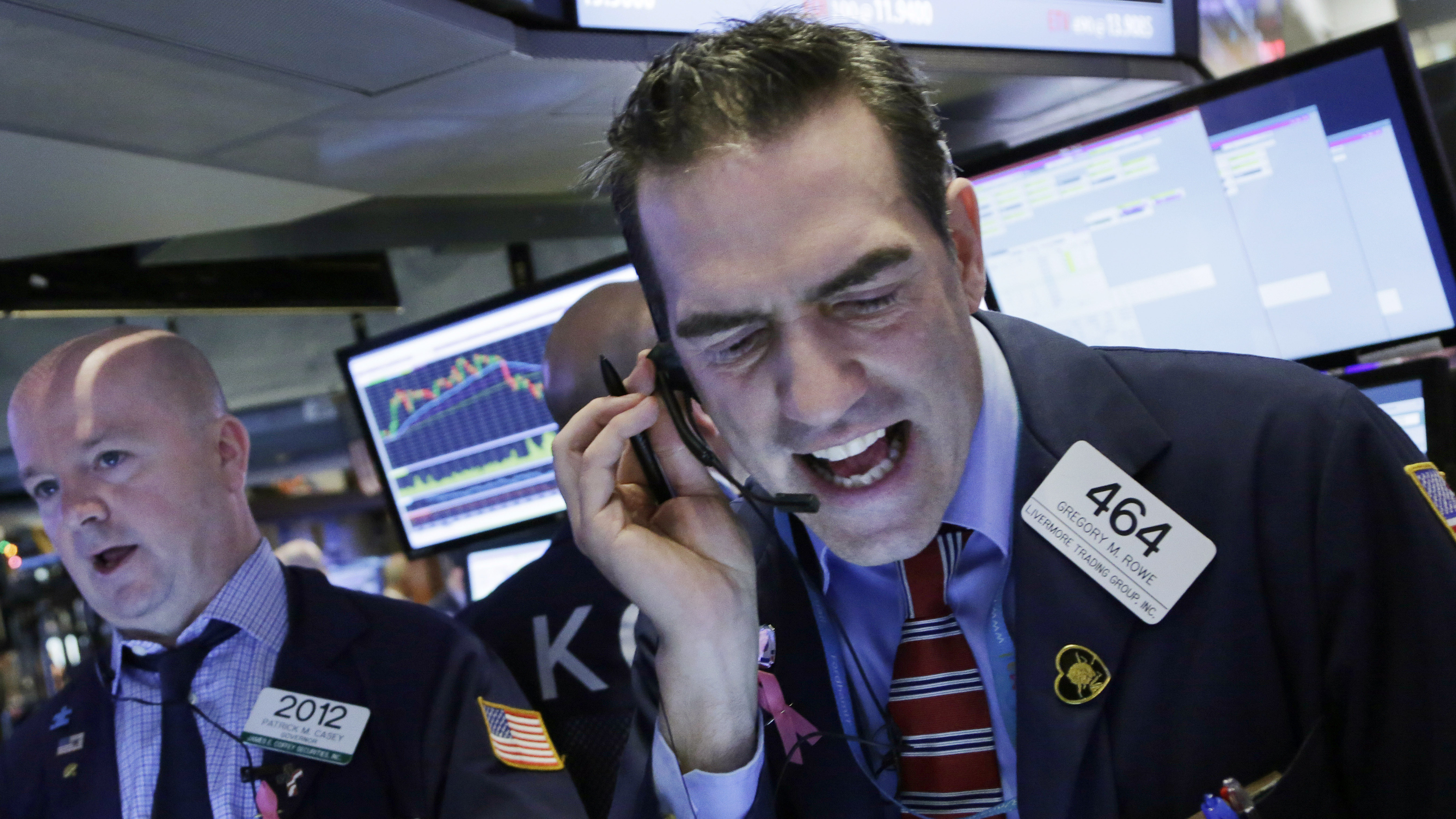 Dow down more than 400 as oil drops below $30 a barrel
Dow down more than 400 as oil drops below $30 a barrel
Jan 16, 2016
Stocks have moved nearly in lockstep with the price of oil, which plunged another 6% on Friday to as low as $29.28 a barrel. Japan's Nikkei 225 Index fell by 0.5 percent, while Hong Kong's Hang Seng Index slumped by 1.5 percent.Midlands Walmart among three closing in SC
Jan 16, 2016
The affected stores in the state are a Walmart in Milwaukee and Neighborhood Markets in Menomonee Falls, Waukesha and Wauwatosa. The 12,000-square-foot store employed 25 part-time employees and included a pharmacy, meat counter and gas station.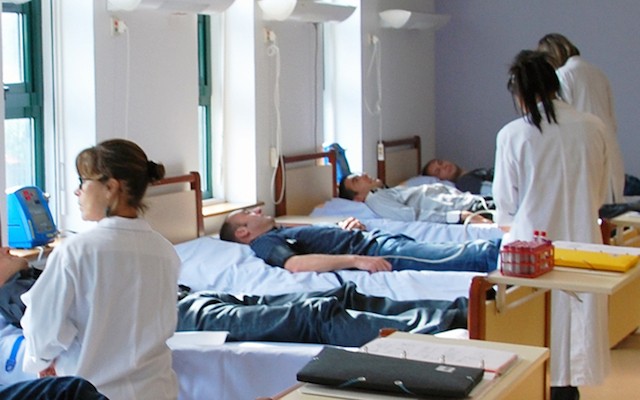 Scientist: No known antidote for botched drug test in France
Scientist: No known antidote for botched drug test in France
Jan 16, 2016
Phase two and three are progressively larger trials to assess the drug's effectiveness, although safety remains paramount. As per National Institute of Health Clinical trials of new medicines or medical devices are done in phases.Michigan governor pledges contact with every Flint household
Jan 16, 2016
Joining MSNBC's Rachel Maddow, Michael Moore , and - ahem - Cher, Esquire lead political blogger Charles P. As of last month, the state had identified 43 people with elevated lead levels in their blood. Celine Dion Cancels Las Vegas Concerts Following Husband's Death
Celine Dion Cancels Las Vegas Concerts Following Husband's Death
Jan 16, 2016
Celine Dion has cancelled her Las Vegas performances this weekend following the death of her husband, manager Rene Angelil . After managing groups in Canada, he was approached to manage Dion by her parents when she was aged 12. -
-
The Latest
-
 Alicia Guzman | Apr 05, 2016
Alicia Guzman | Apr 05, 2016
- Alicia Guzman | Apr 05, 2016
- Alicia Guzman | Apr 05, 2016
-
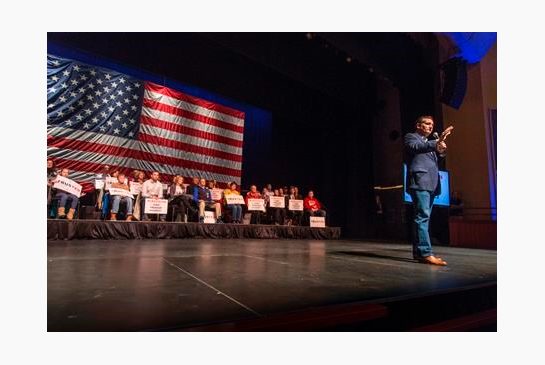 Alicia Guzman | Apr 05, 2016
Alicia Guzman | Apr 05, 2016
Trump sounds off on abortion; criticism comes from all sides
-
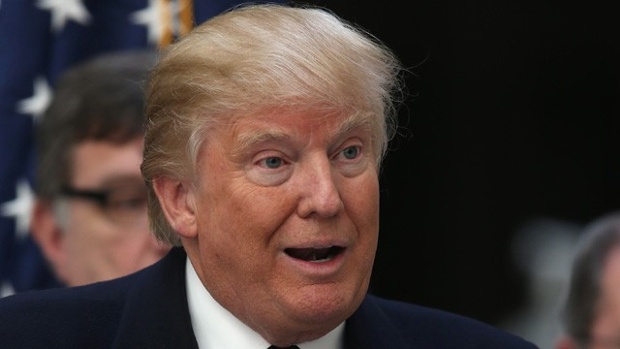 Alicia Guzman | Apr 05, 2016
Alicia Guzman | Apr 05, 2016
-
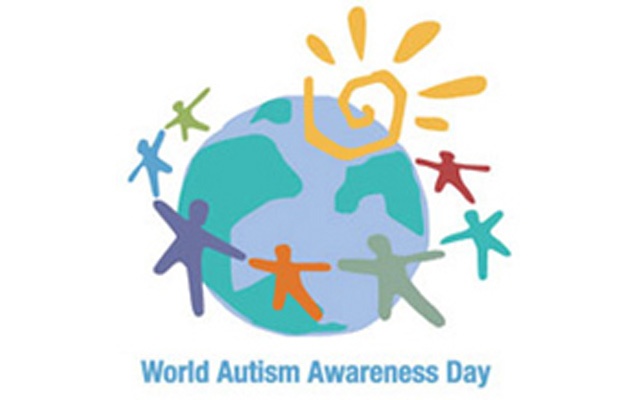 Alicia Guzman | Apr 05, 2016
Alicia Guzman | Apr 05, 2016
CDC: Autism rate among children levels off for first time since 2002
-
-
-
Nichole Jefferson | April 05, 2016
Canadiens Call Up All-Star Game MVP John Scott For Final Three Games
- Nichole Jefferson | April 05, 2016
-
Nichole Jefferson | April 05, 2016
Top Tags
Copyright © 2016 financialspots.com - Financial Spots | All Rights Reserved

